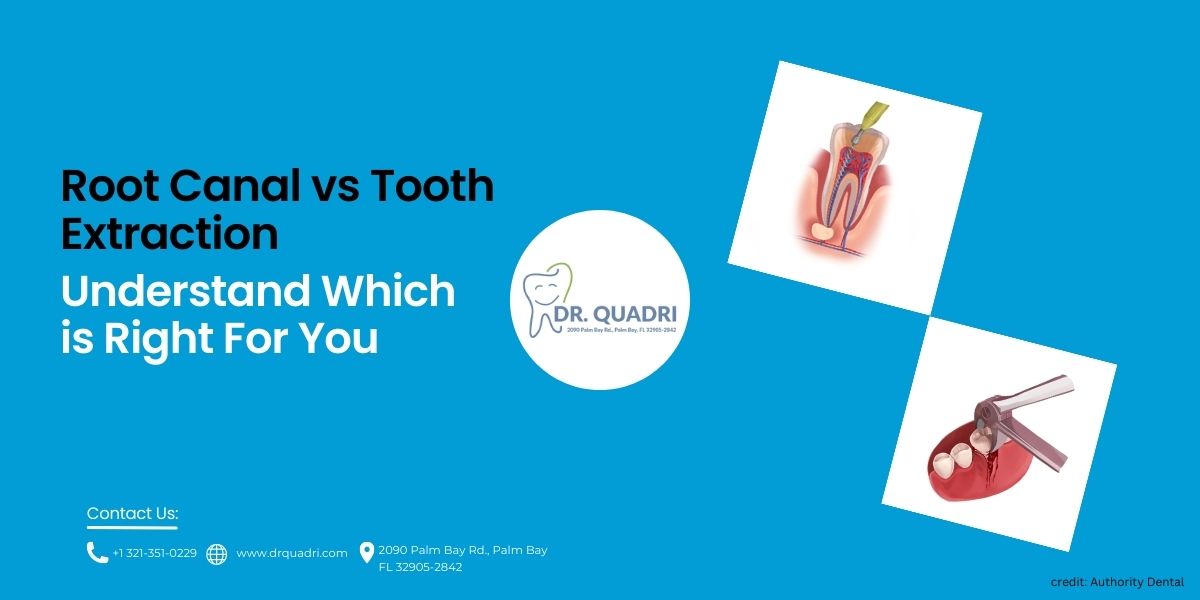Full Mouth Implants Guide: Pricing & Process
Full mouth implants have revolutionized the field of restorative dentistry, offering a permanent solution for individuals with missing or severely damaged teeth. This comprehensive guide will delve into the world of full mouth implants, covering the pricing, process, and everything you need to know to make an informed decision.
Understanding Full Mouth Implants
Full mouth implants, also known as full arch implants, involve the placement of several dental implants in the upper or lower jaw to support a full set of artificial teeth. This treatment is ideal for individuals who have lost all their natural teeth due to decay, gum disease, or injury. The implants are designed to mimic the natural tooth root, providing a stable foundation for the artificial teeth.
Types of Full Mouth Implants
There are two main types of full mouth implants: removable and fixed. Removable implants, also known as overdentures, can be taken out for cleaning and maintenance. Fixed implants, on the other hand, are permanently attached to the jawbone and cannot be removed.
- Removable Implants: Removable implants are a more affordable option and offer the convenience of easy cleaning and maintenance. However, they may not provide the same level of stability and comfort as fixed implants.
- Fixed Implants: Fixed implants are the most popular option, offering unparalleled stability, comfort, and natural feel. They are permanently attached to the jawbone, eliminating the need for adhesives or removal for cleaning.
The Full Mouth Implant Process
The full mouth implant process involves several stages, from initial consultation to final placement of the artificial teeth. Here’s an overview of what you can expect:
- Initial Consultation: The first step is to schedule a consultation with a qualified dentist or oral surgeon. During this meeting, the dentist will assess your oral health, discuss your options, and create a personalized treatment plan.
- Implant Placement: The next step is the surgical placement of the dental implants. This involves making small incisions in the gum tissue to expose the jawbone, where the implants will be inserted.
- Healing and Osseointegration: After implant placement, the jawbone needs time to heal and integrate with the implants. This process, known as osseointegration, can take several months.
- Abutment Placement: Once the implants have integrated, the dentist will attach abutments to the implants. Abutments are small connectors that provide a base for the artificial teeth.
- Artificial Teeth Placement: The final step is the placement of the artificial teeth, which are custom-made to match your natural teeth and bite.
Pricing and Cost Factors
The cost of full mouth implants varies depending on several factors, including the type of implants, materials used, and location. On average, the cost of full mouth implants can range from 15,000 to 30,000 per arch. Here are some estimated costs to consider:
- Removable Implants: 10,000 to 20,000 per arch
- Fixed Implants: 15,000 to 30,000 per arch
- Additional Costs: Bone grafting, sinus lifts, and other additional procedures may add 2,000 to 5,000 to the overall cost
Insurance and Financing Options
While insurance coverage for full mouth implants varies, many providers offer partial or full coverage for the procedure. It’s essential to check with your insurance provider to determine the extent of your coverage. Additionally, many dental clinics offer financing options, such as payment plans or third-party financing, to help make the procedure more affordable.
When considering full mouth implants, it's essential to factor in the long-term benefits and cost savings. While the initial investment may seem significant, implants can last for decades with proper care, eliminating the need for frequent denture adjustments and replacements.
Conclusion
Full mouth implants offer a life-changing solution for individuals with missing or severely damaged teeth. While the process and pricing may seem daunting, the benefits of implants far outweigh the costs. By understanding the different types of implants, the process, and pricing, you can make an informed decision and take the first step towards a healthier, happier smile.
What is the average cost of full mouth implants?
+The average cost of full mouth implants can range from 15,000 to 30,000 per arch, depending on the type of implants, materials used, and location.
Are full mouth implants covered by insurance?
+Insurance coverage for full mouth implants varies, but many providers offer partial or full coverage for the procedure. It’s essential to check with your insurance provider to determine the extent of your coverage.
What is the difference between removable and fixed implants?
+Removable implants, also known as overdentures, can be taken out for cleaning and maintenance. Fixed implants, on the other hand, are permanently attached to the jawbone and cannot be removed. Fixed implants offer unparalleled stability, comfort, and natural feel.


